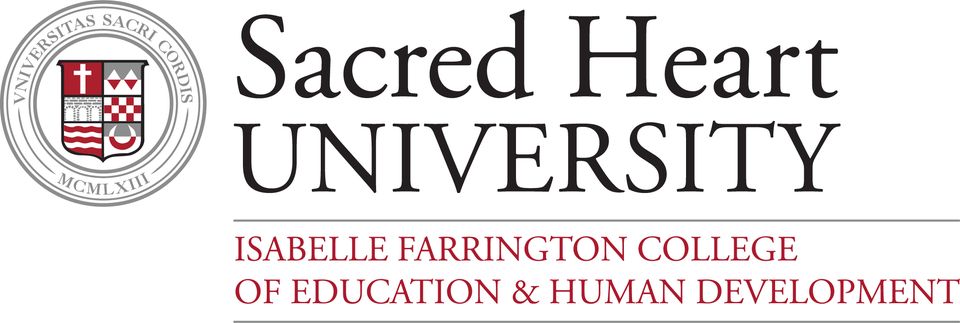Document Type
Book Chapter
Publication Date
2017
Abstract
The use of online learning at the K-12 level has seen exponential growth for much of the past two decades. Based on the limited research to date some students can experience success in the supplemental K-12 online learning environment, but other types of K-12 online learning are largely failing adequately to serve students. While proponents will argue that all types of K-12 online learning are forms of school choice, it is primarily cyber charter schools and course choice policies that are reflective of the policies and regulations proponents of online learning promote—as cyber charter schools and course choice policies are designed to open up markets to K-12 online learning providers. Yet, proponents continue to advocate for decreasing the amount of oversight for K-12 online providers. The combination of dramatic, unchecked growth and an almost complete inability to assure any measure of quality has resulted in abysmal student performance in many K-12 online learning environments.
DOI
10.1002/9781119082361.ch29
Recommended Citation
Barbour, M.K. (2017). K–12 Online learning and school choice: Growth and expansion in the absence of evidence. In R.A. Fox & N.K. Buchanan (Eds.), The Wiley Handbook of School Choice (pp. 421-440). Hoboken, NJ: Wiley Blackwell.
Included in
Educational Assessment, Evaluation, and Research Commons, Elementary and Middle and Secondary Education Administration Commons, Online and Distance Education Commons, Social and Philosophical Foundations of Education Commons



Comments
ISBN: 9781119082354
Version posted is the author's pre-print.